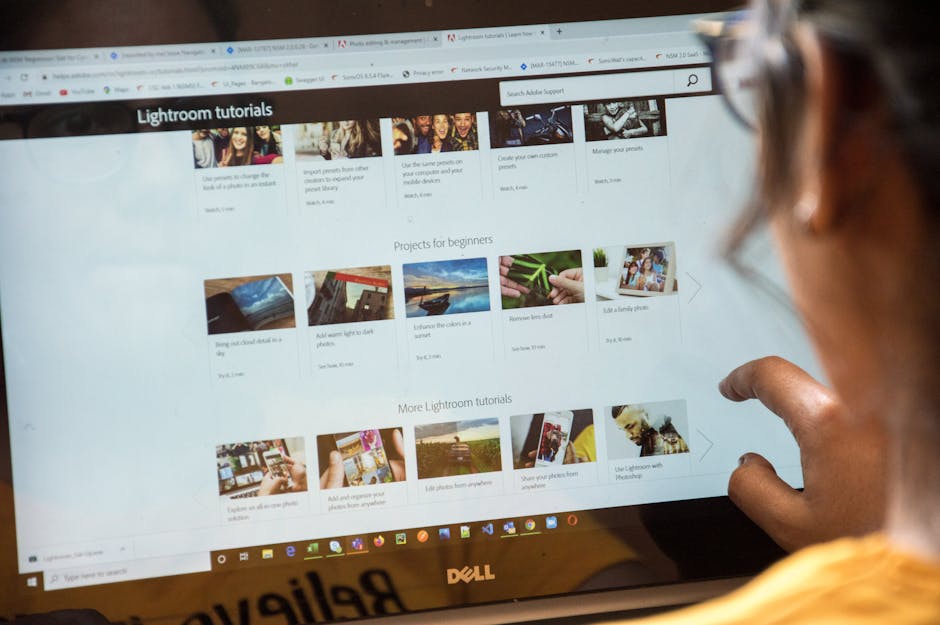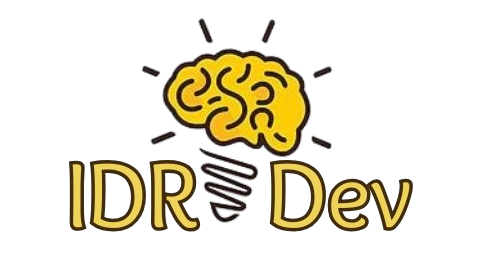Unlock Your Digital Potential: Essential Digital Skills for Beginners
In today’s digital world, possessing strong digital skills is no longer a luxury—it’s a necessity. Whether you’re aiming for career advancement, personal enrichment, or simply navigating daily life more effectively, mastering essential digital tools and techniques is paramount. This guide will equip you with the foundational knowledge and practical steps to confidently embrace the digital landscape. We’ll explore various aspects of digital literacy, from the basics of computer operation to leveraging online platforms for communication and growth. Get ready to transform your digital proficiency and unlock new opportunities.
This journey begins with understanding the fundamental building blocks of digital literacy. We’ll cover essential software applications, safe internet practices, and effective online communication strategies. From there, we’ll delve into more advanced topics like online marketing and leveraging social media for personal or professional growth. By the end of this comprehensive guide, you’ll be well-equipped to navigate the digital world with confidence and efficiency.
Background: Understanding the Digital Landscape

The digital revolution has fundamentally reshaped how we live, work, and interact. Understanding this shift is the first step towards mastering digital skills. From the emergence of the internet to the ubiquitous presence of smartphones, technology has drastically altered communication, commerce, and access to information. This section will provide a historical overview, highlighting key technological advancements that have shaped our current digital environment.
The Evolution of Digital Technology
The evolution of computing, from mainframe computers to personal computers and now mobile devices, has driven this transformation. The internet’s development, coupled with the rise of social media and mobile applications, has created a hyper-connected world. Understanding this history helps appreciate the rapid pace of change and the need for continuous learning in the digital realm.
Importance of Digital Skills in the Modern World

In today’s competitive job market, proficiency in digital skills is often a non-negotiable requirement across various industries. Beyond employment, strong digital literacy enhances personal productivity, allows for greater access to information and resources, and empowers individuals to participate more fully in society. This section explores the far-reaching implications of digital skills in different aspects of life.
Digital Skills for Career Advancement
Many jobs now require competency in software applications, data analysis, online communication, and digital marketing. Mastering these skills can significantly enhance your job prospects and earning potential. Even if your current role doesn’t explicitly demand advanced digital skills, demonstrating proficiency can improve your overall value to your employer and increase your chances of promotion.
Digital Skills for Personal Growth
Beyond the professional realm, digital skills empower personal growth. From online learning platforms that offer access to diverse educational resources to the ability to connect with people globally, digital literacy opens up a wealth of opportunities for personal development and self-improvement.
Benefits of Developing Digital Skills

The advantages of developing strong digital skills are numerous and far-reaching. From improved career prospects and increased earning potential to enhanced personal productivity and access to a wealth of information, the benefits extend across multiple facets of life. This section will delve deeper into these advantages, emphasizing the transformative power of digital literacy.
Enhanced Employability and Career Opportunities
In the modern job market, digital skills are highly sought after across a wide range of industries. Acquiring these skills can significantly increase your employability and open doors to exciting new career paths. This includes roles such as data analysts, social media managers, web developers, and many more.
Increased Productivity and Efficiency
Digital tools can significantly enhance productivity and streamline workflows. From project management software to communication platforms, these tools enable more efficient task management, collaboration, and communication, leading to better time management and increased overall output.
Steps to Developing Your Digital Skills

Developing strong digital skills is a journey, not a destination. This section will provide a structured approach, outlining practical steps and actionable advice to guide you through the process. We’ll cover resources, learning strategies, and practical exercises to help solidify your understanding.
Start with the Basics: Computer Literacy
Begin by mastering fundamental computer skills: operating systems, file management, basic software applications (word processing, spreadsheets, presentations). Online tutorials, courses, and practice are invaluable.
Explore Online Learning Platforms
Utilize free and paid online learning platforms like Coursera, edX, Udemy, and Khan Academy to acquire specific skills. Choose courses aligned with your career goals or personal interests. Consistency and focused learning are key to success.
Practice Regularly
Consistent practice is crucial for solidifying newly acquired skills. Regular use of software applications, online tools, and digital platforms reinforces learning and builds confidence.
Examples of Essential Digital Skills

This section provides concrete examples of essential digital skills that are highly valuable in today’s digital world. These examples will encompass a range of skills, from fundamental computer literacy to more specialized technical proficiencies.
Basic Computer Skills
Understanding operating systems (Windows, macOS, Linux), file management, basic word processing, spreadsheet software (Microsoft Excel or Google Sheets), and presentation software (Microsoft PowerPoint or Google Slides) is foundational.
Internet Navigation and Research
Efficiently using search engines (Google, Bing, DuckDuckGo), evaluating online information critically, and understanding online safety and security protocols are crucial for effective internet usage.
Social Media and Online Communication
Proficiency in various social media platforms (Facebook, Twitter, LinkedIn, Instagram), email etiquette, and online communication strategies is vital for both personal and professional networking.
Strategies for Mastering Digital Skills

This section outlines effective strategies for learning and mastering digital skills. These strategies emphasize personalized learning approaches, leveraging available resources, and building a supportive learning community.
Personalized Learning Plans
Tailor your learning to your specific needs and goals. Identify areas where you need improvement and prioritize learning resources accordingly. Break down complex skills into smaller, manageable steps.
Active Learning Techniques
Engage actively with the learning material. Take notes, participate in online discussions, and practice applying what you’ve learned. Regular self-assessment helps track progress and identify areas requiring further attention.
Building a Learning Community
Connect with other learners online or in person. Sharing experiences, asking questions, and collaborating on projects fosters a supportive learning environment and enhances the learning process.
Challenges and Solutions in Digital Skills Development
Acquiring digital skills is not without its challenges. This section identifies common hurdles and provides effective strategies for overcoming them. We will address issues such as access to technology and resources, time constraints, and the ever-evolving nature of digital technology.
Overcoming Access Barriers
Lack of access to technology or reliable internet connectivity can hinder digital skills development. Explore community resources, libraries, and affordable internet options to overcome this barrier.
Time Management and Consistency
Balancing learning with other commitments requires effective time management. Allocate specific time slots for learning and stick to a consistent schedule. Break down learning into smaller chunks to avoid feeling overwhelmed.
Keeping Up with Technological Advancements
The digital landscape is constantly evolving. Stay updated by following industry blogs, attending webinars, and participating in online communities to keep your skills current.
Frequently Asked Questions (FAQ)
Here are answers to some frequently asked questions about developing digital skills for beginners.
- What are the most important digital skills to learn first?
- Basic computer literacy (operating systems, file management), internet navigation, and email communication are essential starting points.
- How long does it take to become proficient in digital skills?
- It varies depending on individual learning pace and the specific skills. Consistent effort and practice will accelerate the process.
- Are there any free resources available for learning digital skills?
- Yes, many free online resources, including tutorials, courses, and practice exercises, are readily available.
- What if I don’t have access to a computer?
- Explore community resources, libraries, and educational institutions that offer computer access.
- How can I stay updated on new technologies and digital trends?
- Follow industry blogs, subscribe to newsletters, attend webinars, and engage in online communities.
Conclusion: Embracing the Digital Future
Developing strong digital skills is an investment in your future. Whether you’re aiming for career advancement, personal enrichment, or simply navigating the digital world more effectively, mastering these skills is essential. By embracing continuous learning, utilizing available resources, and staying adaptable, you can unlock your full potential in the ever-evolving digital landscape. Don’t hesitate – start your digital skills journey today!
Call to Action: Begin your digital skills journey now! Explore the many free online resources available and start learning a new skill today. The future is digital, and your success depends on your ability to navigate it confidently.

